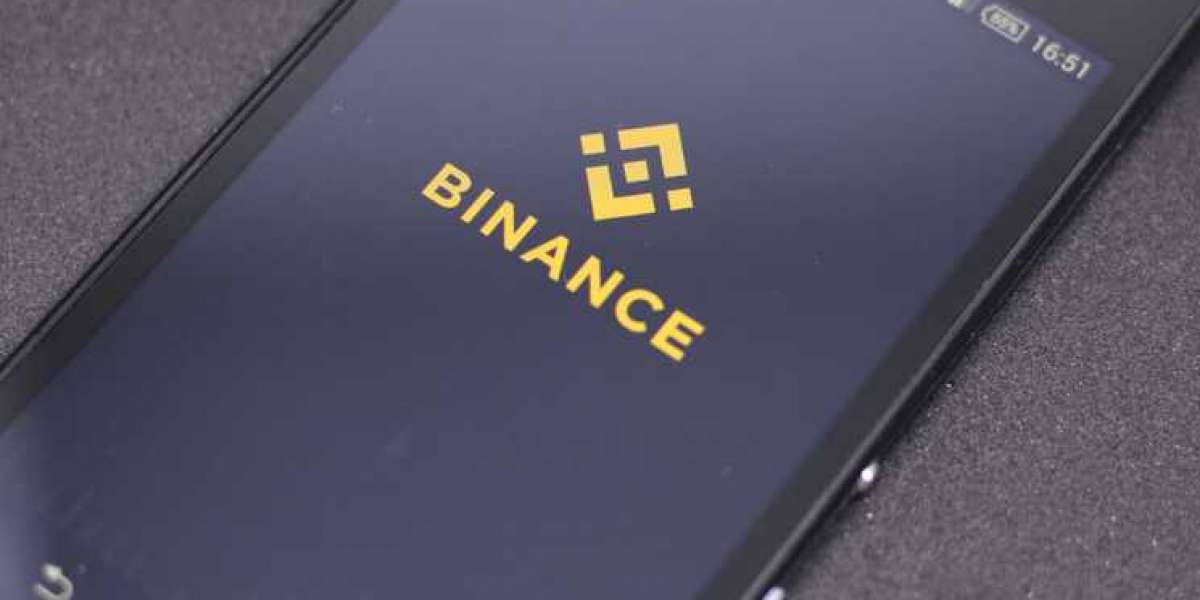Altman stated that if the artificial intelligence (AI) research firm fails to completely comply with Europe's regulatory requirements, the OpenAI team will be forced to withdraw from the region.
Altman lamented that, in order to conform with European regulatory requirements, the OpenAI team had to modify the definition of "general purpose AI system." Under the general purpose AI system, the AI infrastructure is grouped with at least one application, such as ChatGPT, by the regulators.
Complying with European regulations may necessitate a number of modifications to the business, he added.
ALSO READ:Reports Say UK Needs New Rules for Potential Digital Pound.
OpenAI Must Leave Europe Due to Stringent AI Regulation
Businesses are urged to uphold transparency, accountability, and confidence in light of the European AI Act of 2021. In addition, businesses operating in the region are required to ensure their practices align with the EU's democratic principle.
The EU AI provision, according to Altman, would require OpenAI to disclose information about the copyright properties that are used to develop generative AI tools. He remarked that the EU is presently formulating the initial set of AI regulations.
Altman stated at an event conducted at University College London that the OpenAI team's compliance with EU regulations would take precedence over its exit strategy.
Apple cautioned its employees against using the OpenAI chatbot a few days ago. Apple management exhorted employees to refrain from utilizing OpenAI third-party equipment to protect company data.
The community alleged that the AI third-party servers compromised the company's security protocol, thereby exposing investors' confidential information to the public.
In a subsequent blog post, Altman expressed concern that the new EU AI Act could expose investors to excessive regulation. Although policymakers in the European Union have protested the current regulatory framework for artificial intelligence, some regulators support this technology.
ALSO READ:Dispersion Capital Raises $40 Million to Fund Web3 Initiatives.
Why is OpenAI opposed by Regulators?
Altman remains sanguine that the regulators will remove some of the regulations in the near future. A recent Future of Life Institute study assessing the general intent of the EU AI Act revealed that AI technology could be used for both intended and unintended purposes.
In December, EU member states gave the AI Regulation Act the go-ahead despite AI-related speculation. In April, EU policymakers presented a motion requesting that US President Joe Biden collaborate with German President Ursula von der Leyen in regulating AI technology.
In their presentation, EU legislators urged international leaders to convene a global summit to establish crucial governing principles for regulating the expansion of AI technology.
A few months ago, the widespread adoption of OpenAI tools prompted regulators around the world to initiate an investigation into the benefits, risks, and threats posed by ChatGPT. Some regulators suspended the use of OpenAI chatbot tools in the region after examining the ethical implications of ChatGPT.
Surprisingly, Italy was one of the first nations in the region to ban ChatGPT due to privacy concerns. The prohibition of ChatGPT in Italy compelled the OpenAI team to invest in a number of enhancements that allow the user to expunge their history.
ALSO READ:Bitget Gets Polish VSAP License Weeks After Lithuanian Registration
In addition to Italy, regulators in North Korea, Iran, China, and Syria have prohibited the use of ChatGPT in their respective countries due to ethical concerns.




Alphonsus Odumu 4 w
OpenAI